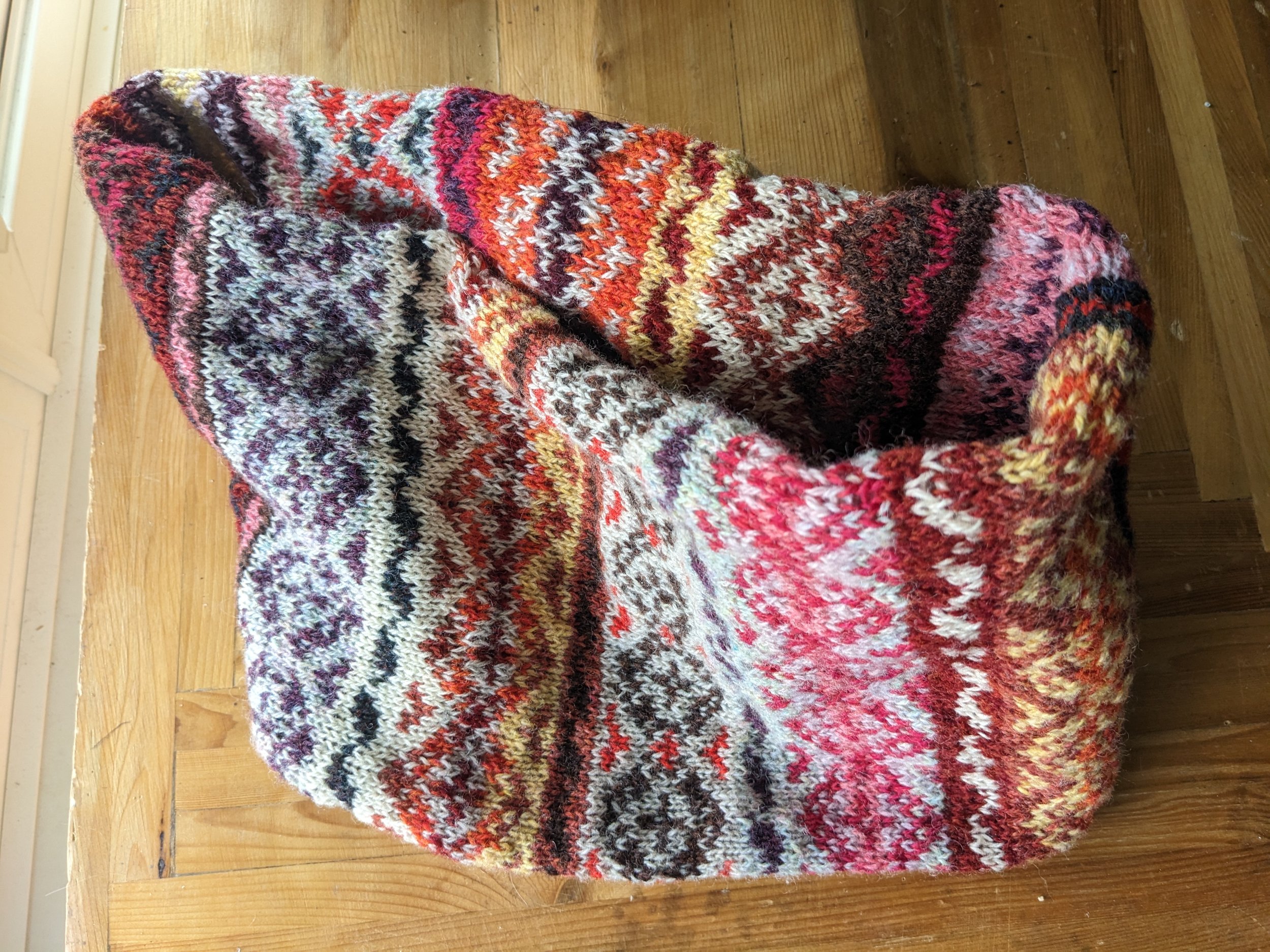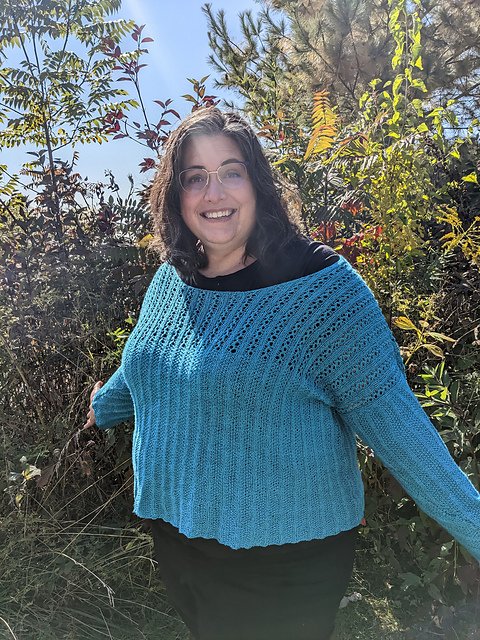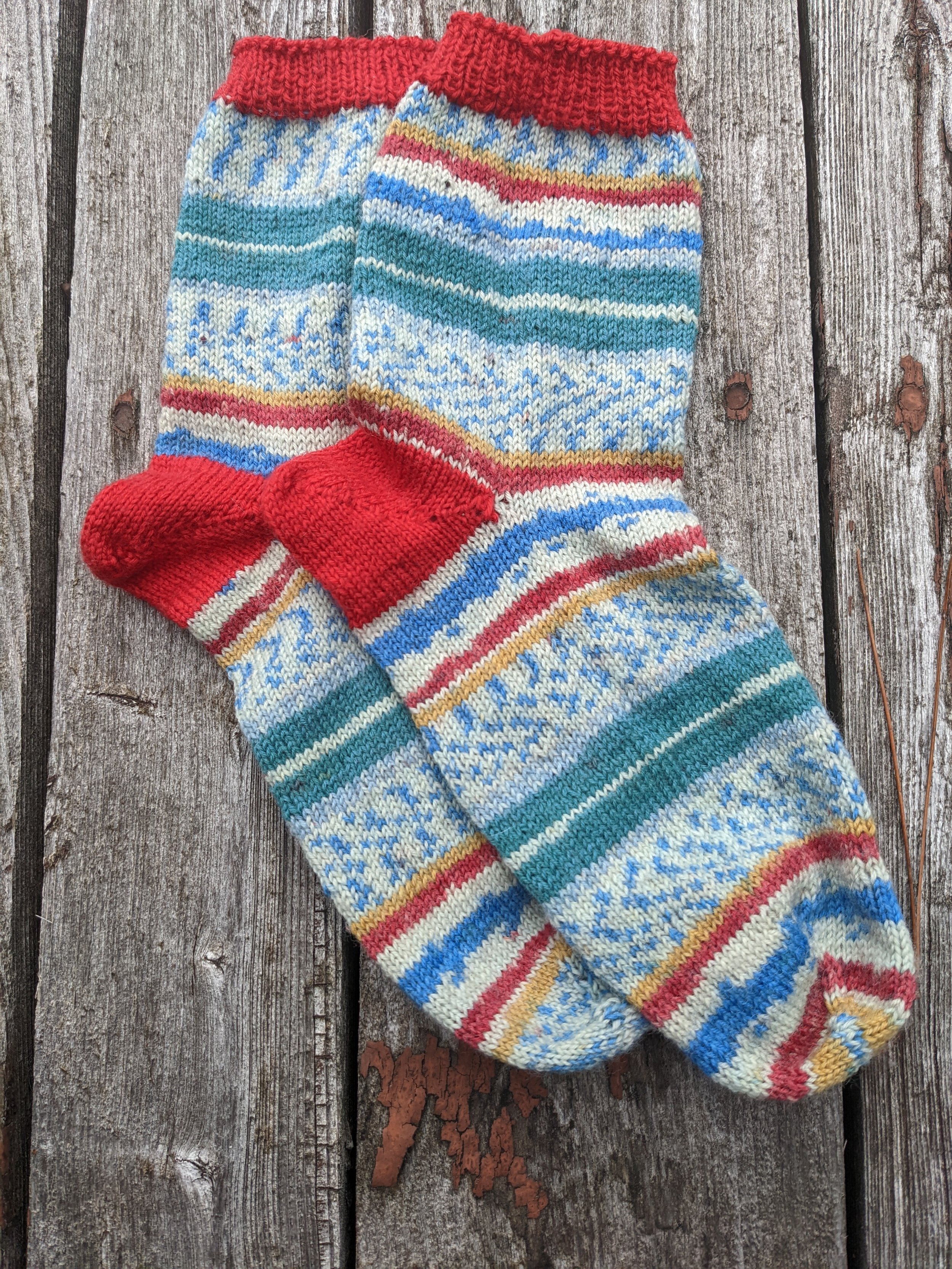What a joy to have a fresh stack of five books on my night table, knowing that there's not likely to be a loser in the bunch. Canada Reads is the annual CBC-run competition where five well-known Canadians each choose a book (fiction, non-fiction, short stories, poetry, or a play) to promote and defend. Over the course of 5 days (this year, it will be March 27–31), the books are discussed and debated with one eliminated from contention each day until the last book – the one book deemed that all Canadians should read – is left standing.
This is the kind of reality programming I can get behind. Well, this and Battle of the Blades (RIP), where professional hockey players and figure skaters pair up to compete in pairs figure skating.
Anyway, I decided to read all of this year's shortlist in advance of the broadcasts. They'll be televised, broadcast on radio, and streamed. I may even make a point of listening to all of the episodes this year. I'm hoping for podcast format where I can listen as I drive. In the meantime, here are my thoughts listed in the order I read the books, which was completely random.
Fifteen Dogs by André Alexis takes place in Toronto, across the waterfront from High Park all the way to the Beach. Fifteen dogs, left overnight in a vet's office for care, are granted the power of language by a couple of bored gods, Hermes and Apollo. As their lives unfold, many questions are raised about the nature of consciousness, the role of language in enabling consciousness, and whether it's a blessing or a curse. Yes, it's an allegory but the dogs and their doggishness feel deeply authentic. They are richly understood individual characters, not just literary devices. It's beautiful, fascinating, and one hell of a good story. You should read this book.
The Break by Katherina Vermette looks at family, culture and identity through the lens of several Métis and Native women of different generations living in Winnipeg. Each woman's relationship to her childhood, heritage, the bush and the city, her dreams and her choices are woven together in an absolutely riveting story. The book opens with a young mother witnessing through her window what she believes is an assault. Based on her appearance – Métis and not entirely pulled together – the senior police officer on the scene essentially dismisses her concerns. As the story unfolds with the narration shifting between characters, it becomes clear that a terrible crime was committed and that no one has much faith that justice will be done. You should read this book.
The Right to Be Cold: One Woman's Story of Protecting Her Culture, The Arctic and the Whole Planet by Sheila Watt-Cloutier is the sole non-fiction title on this year's list. It's part childhood memoir, part call to (metaphorical) arms to defend the arctic and the Earth's vulnerable environment. Watt-Cloutier grew up in an arctic that didn't yet know it was on the cusp of dramatic cultural and environmental change. Her tales of her traditional childhood paint a vivid picture and very much set the scene for what is lost over the subsequent years: community connections, safety, millennia's-old skills, and the ability to be still. The narrative bogged down for me as she talked about committees and task forces and long-range plans. It felt a bit like reading from a day planner. The human rights issues and looming environmental catastrophe is most persuasively conveyed through her personal experiences and observations, rather than her very laudable professional achievements. You should read this book.
Company Town by Madeline Ashby takes place in a dystopian near-future on a deep sea oil rig. Most of the people have been at least somewhat surgically engineered to help them survive the degraded environment; babies are designed rather than conceived; and one family controls the whole rig and beyond. When the heroine Hwa is hired to be bodyguard/physical trainer for the Lynch family's scion, her friends start being brutally murdered one by one. I have to admit, this novel simply didn't catch my imagination like the others on the list did. I've been telling Dave he should read it, as more of a fan of science fiction than me, and tell me if it's good or not. To be fair, it's well-written and it's the best serial killer action adventure featuring an ass-kicking female Newfoundland-raised Korean-Canadian martial arts expert I've ever read. If that sounds appealing, you should read this book.
Nostalgia by M.G. Vassanji has a fair bit in common with Company Town. To me, it was strange that they were both short-listed given their commonalities, or quite possibly my thinking that just reveals my shallow experience of the speculative fiction of a dystopian future genre. In this world, the old do not have to die, but rather can simply move to a different body, implanted with new memories, and continue on. (I don't really know where the new bodies come from. I must have skim-read that part.) "Leaked memory syndrome"– that is, nostalgia or memories from the person's former life – are a dangerous medical issue that must be hidden or otherwise dealt with. There are a lot of au courant themes at play here: terrorism, generational tensions, xenophobia, the danger of nuclear arms, national borders, and poverty tourism. Dave should probably read this one as well, and you too.
If I were to choose my favourite of these books, I'd be hard pressed indeed to choose between Fifteen Dogs and The Break. Both so beautifully written and captivating. If the questions is, "What is the one book Canadians need now?" I'd likely choose The Right to Be Cold. We need to understand what's at stake for our planet and that the degraded future is already here.
Canada reads, and so should you!
And then, cause there was still some month left, I read The Uprising by Ian Tregillis. It's Book 2 in The Alchemy Wars, following The Mechanical. Honestly, both these books knock my socks off. They take place in our world, but with a history that diverges from ours starting in the 1600s, when the Dutch invent alchemical robots (Clakkers) who work as slaves for their human masters. This incredible invention gives the Dutch such an advantage over the rest of Europe that they become the dominant world power. The story focuses on one mechanical in particular. I actually don't want to reveal another detail because the joy of the story is in part how the details are revealed. I'll say one thing though, "Clockmakers lie."
This year, Freedom to Read Week is February 26–March 4. For the month of March, I'm going to focus on books that have been banned or challenged in Canada or elsewhere around the world.
“The sooner we all learn to make a decision between disapproval and censorship, the better off society will be....Censorship cannot get at the real evil, and it is an evil in itself.”
― Granville Hicks










